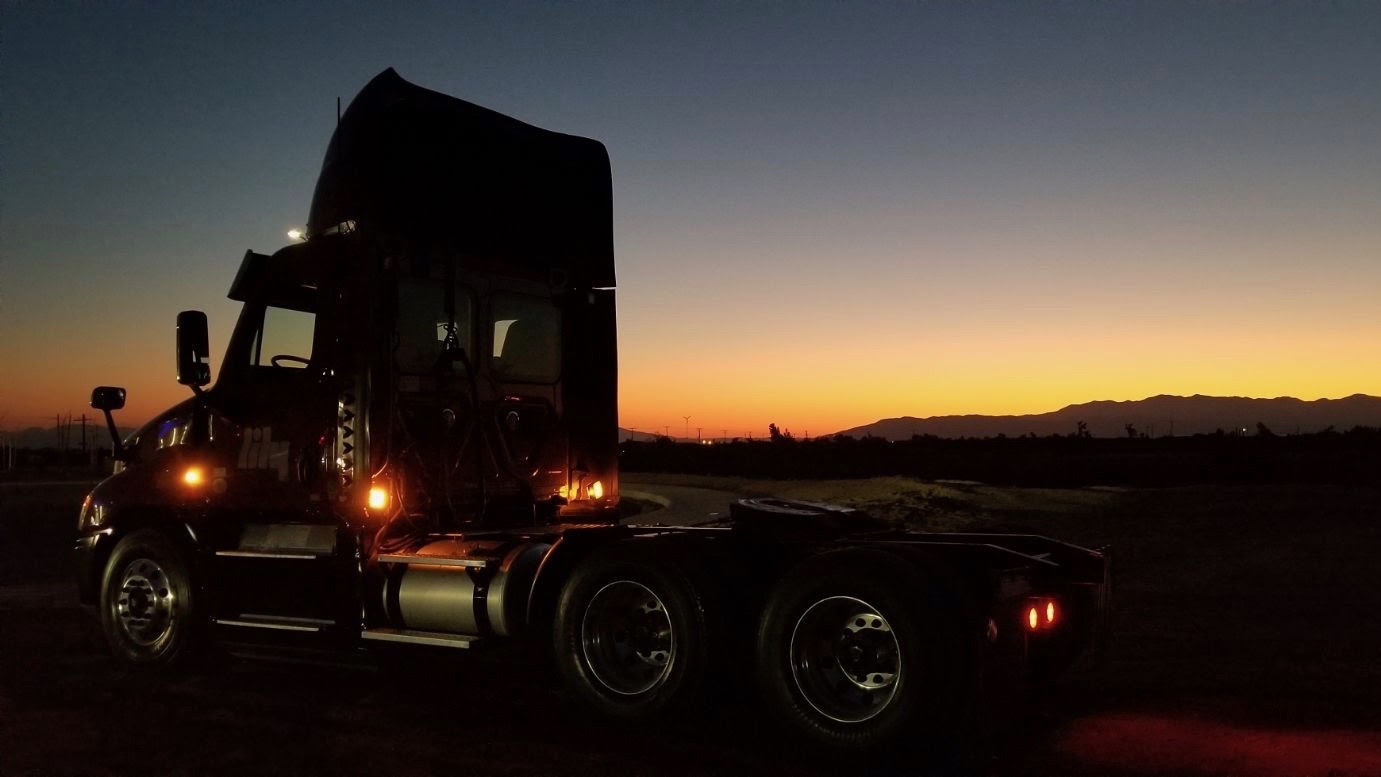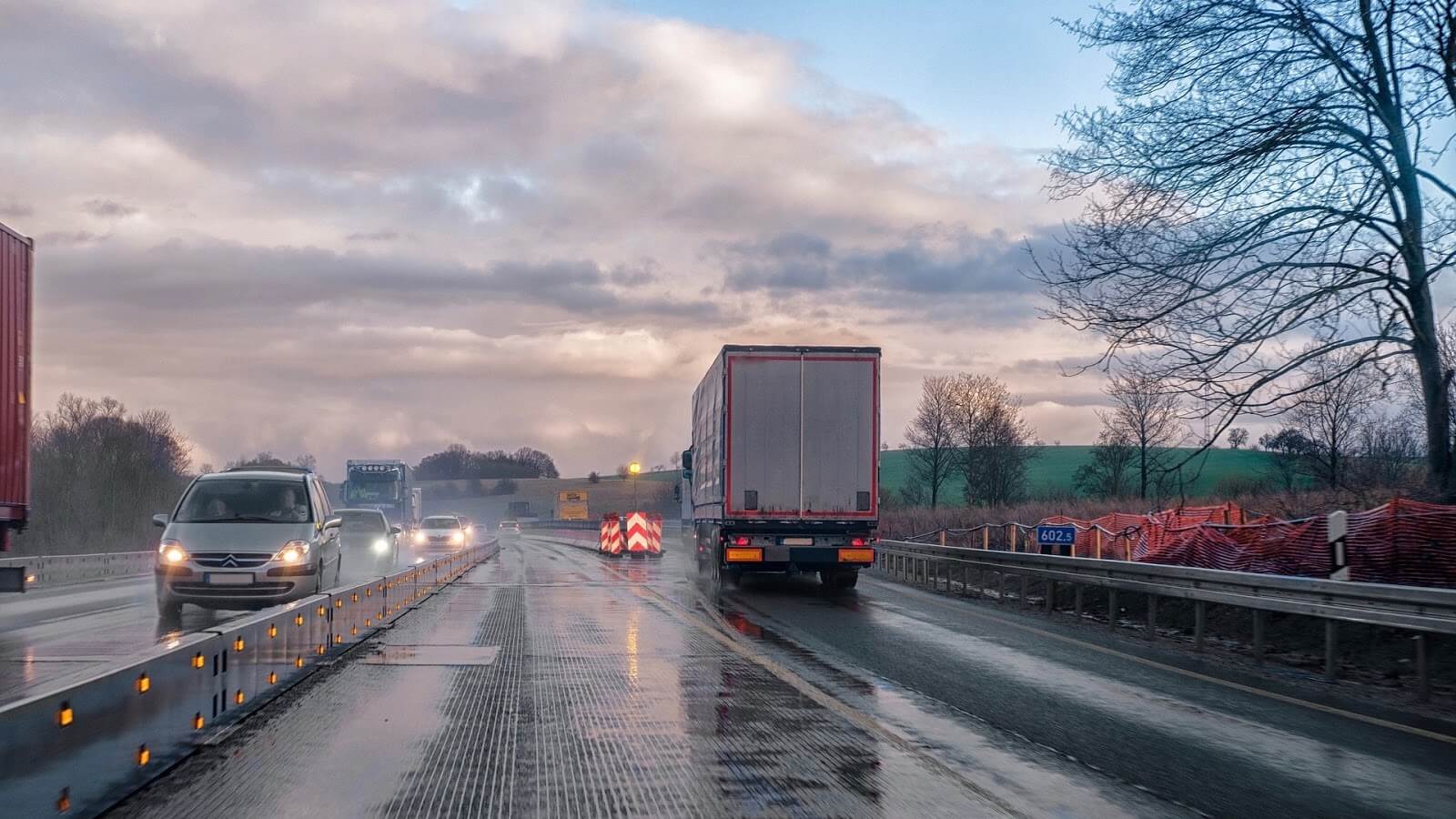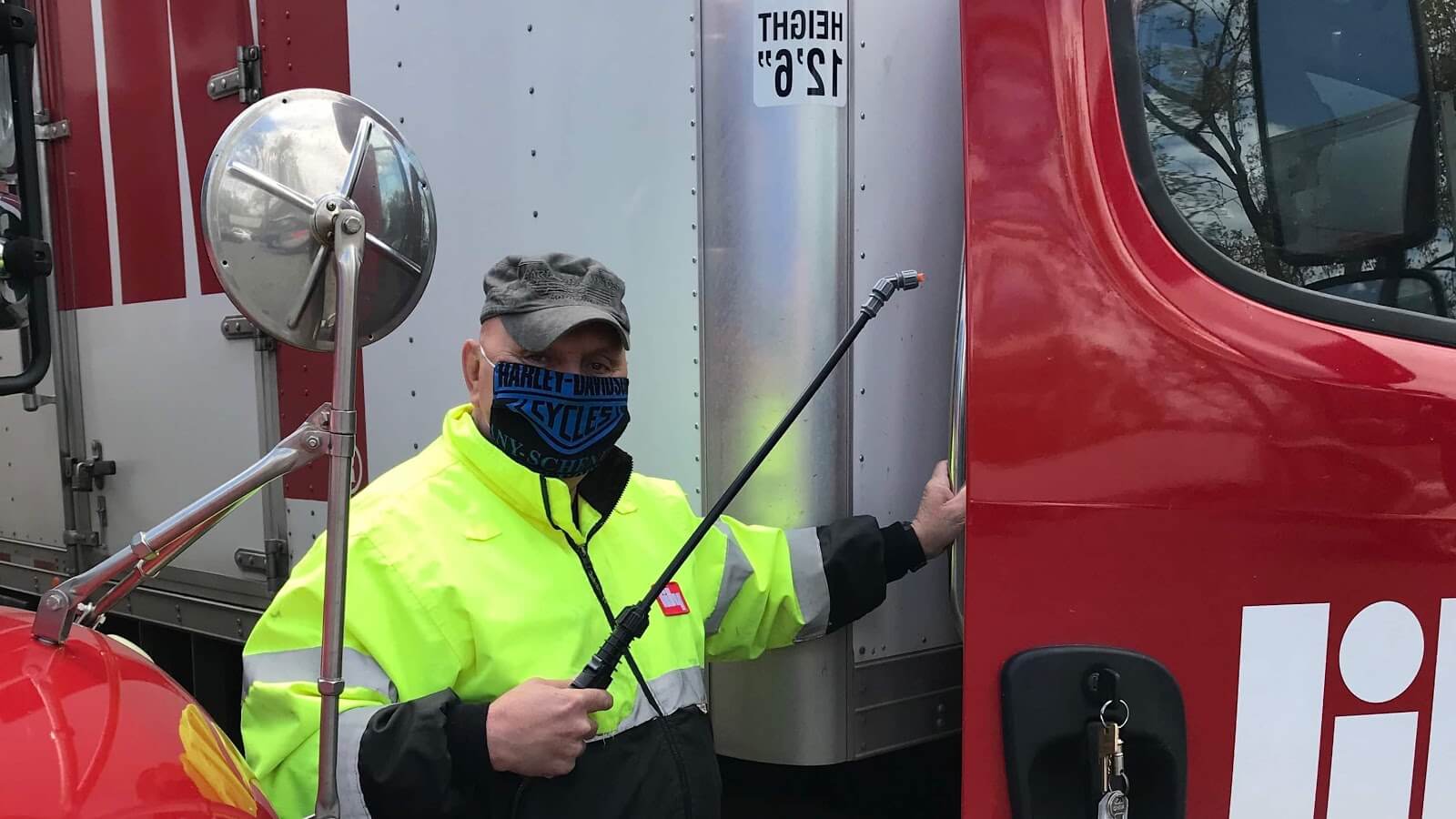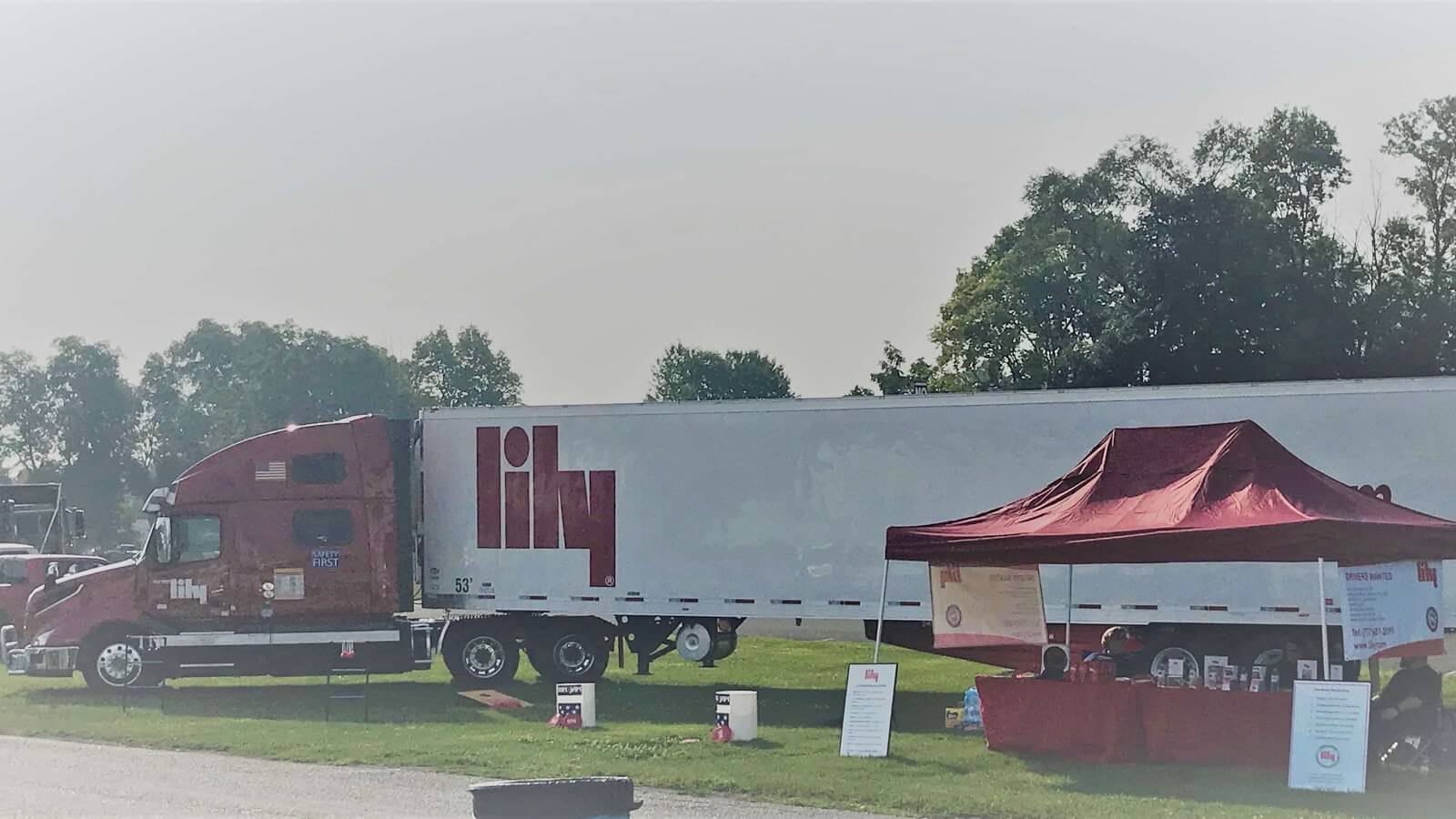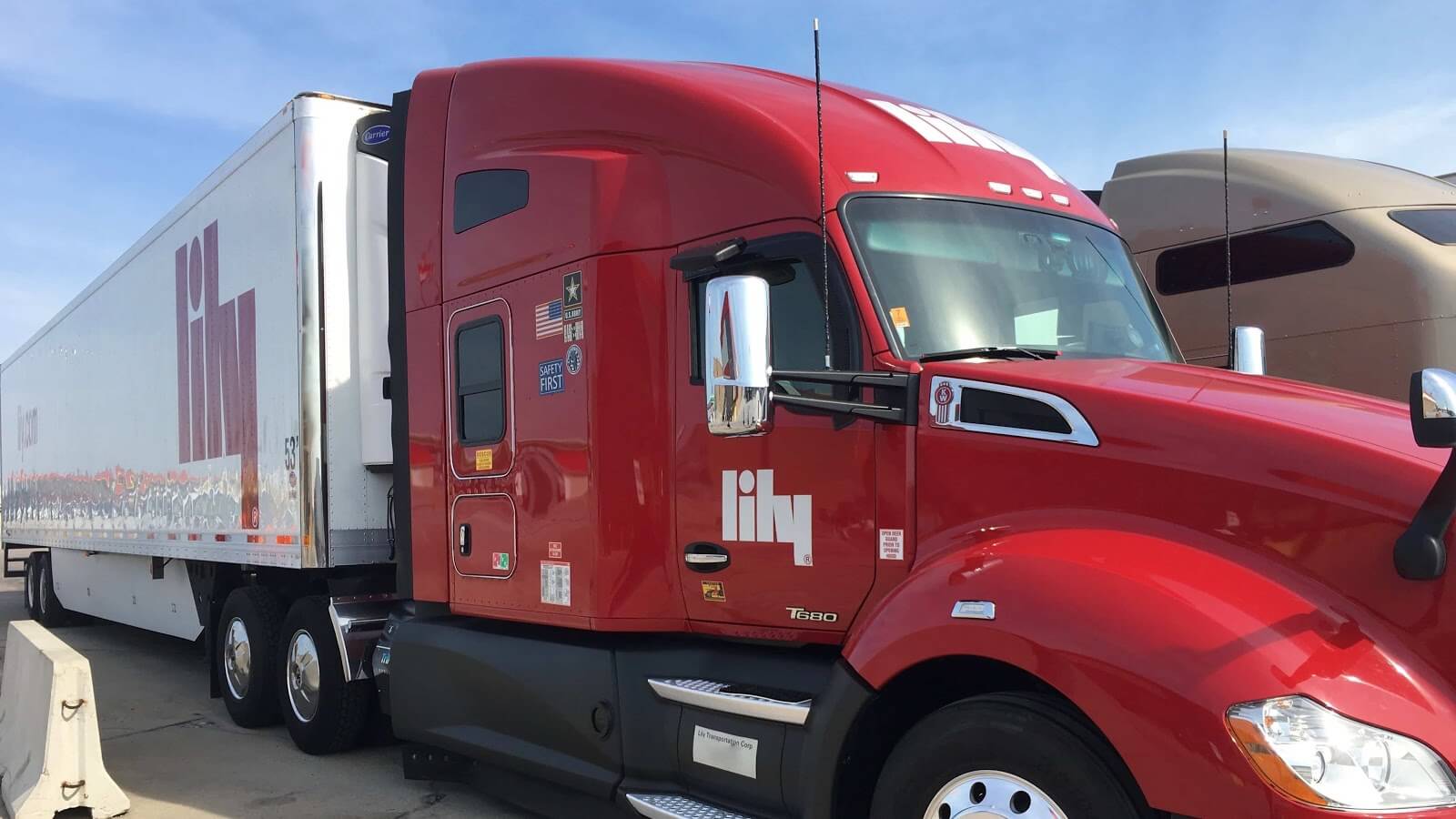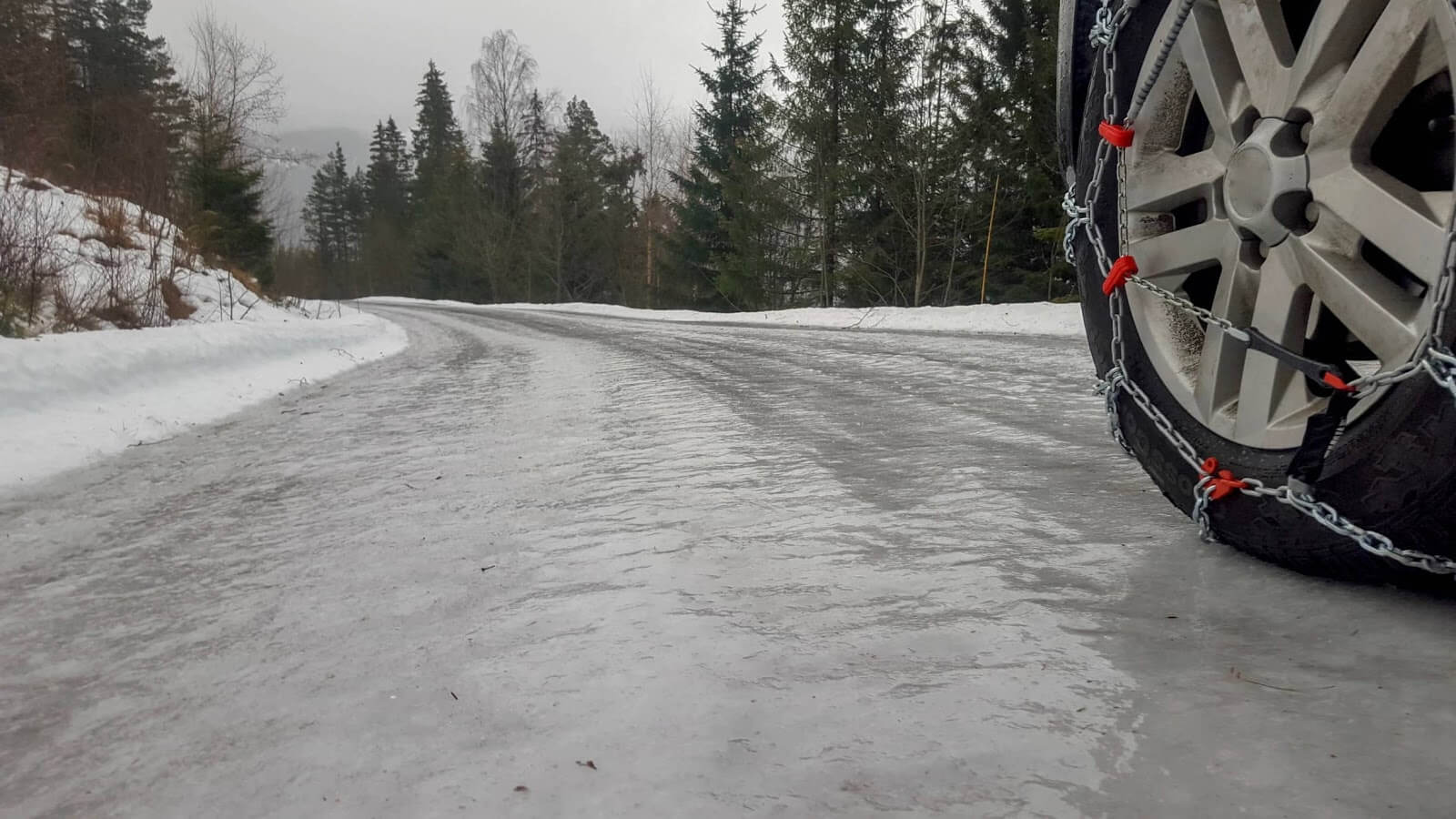Each season brings new kinds of weather and driving conditions along with it. For winter, it’s snow. For spring, a higher chance of rain and wet roads. When it comes to summer trucking, the biggest thing you have to keep in mind is the heat. Not every summer day is going to be hot, of course, but the warmer weather and busier streets will affect your day-to-day routines.
To help keep you safe and cool out there, we’ve put together some summer trucking tips that can go a long way toward making sure you’re ready for anything.
1. Check the Weather
Checking the weather is an important part of truck driving safety in every season, and that doesn’t change in the summer. Summer has just as much chance of extreme weather as any season, so always look ahead to see what kind of conditions you might be driving into. Checking up on the chances of heavy rain, flooding, fog, wind, or other weather is one of the best summer driving tips out there—you’ll know what to expect every time you hit the road.
Weather changes depending on the area you’re in, too, so keep tabs on it when driving across the country. Some states can have tornadoes or floods, for example. While these are not as typical, you’re going to want to know if there’s a warning in the state you’re about to drive into. So, check the weather and use it to set a schedule that’ll keep you safe and on schedule.
2. Take Care of Yourself
Alongside the winter months, the summer is one of the most important times to make sure you’re taking care of yourself when you’re behind the wheel.
The summer sun can be harsh, so you’re going to want to have the right kind of supplies (and snacks!) to keep you focused and cool. This means having sunglasses on-hand to cut down on glare and harsh lights that can be distracting. You also need to be hydrating regularly, so keep a good-sized water bottle (or other healthy alternatives) next to you during the day.
Summer trucking also means wearing sunscreen, which might sound unnecessary, since you’re spending the day inside your truck but is still incredibly important. Even though you’re “inside,” there’s still a high chance that you’ll be exposed to the sun’s rays, which means you can still get sunburnt.
3. Expect More Traffic
Everyone loves the summer, which means there’s a higher chance that the roads will be busy when the sun is out, and the weather is nice. This can affect your daily schedule, but it can also increase the risk of encountering an accident. As always, it pays to think ahead and use a traffic-tracker (Waze is a popular option) to get an idea of the driving conditions you might encounter.
There also tends to be more construction on the road during the summer—it’s easier to work outside when the ground isn’t covered in snow, after all—which can also cause extra traffic or even diversions.
4. Pay Attention to Your Truck
Each season affects your truck in different ways, which is exactly why you have to stay on top of maintenance at all times. The higher heat in summer, for example, means you’ll want to pay special attention to:
- The cooling and air-conditioning unit system(s)
- Coolant levels
- Tires (heat can make the rubber in your truck’s tires breakdown faster)
- Tire pressure
- Brake system (higher heat can cause malfunctions)
Regular maintenance is always a part of the truck driver routine, which is why getting in the habit of checking your equipment before (and sometimes after) your route is so valuable. The more in-tune you are with your truck, the safer you’ll be on the road.


